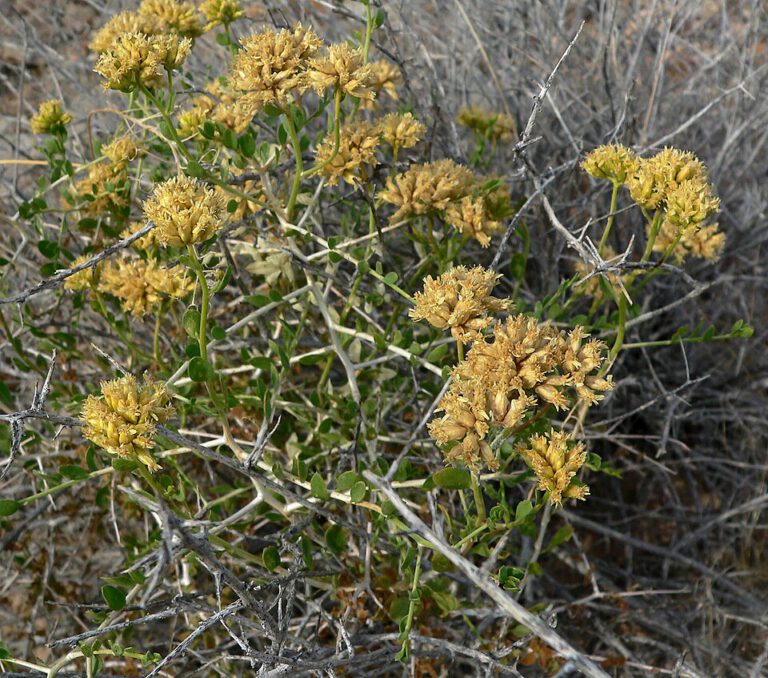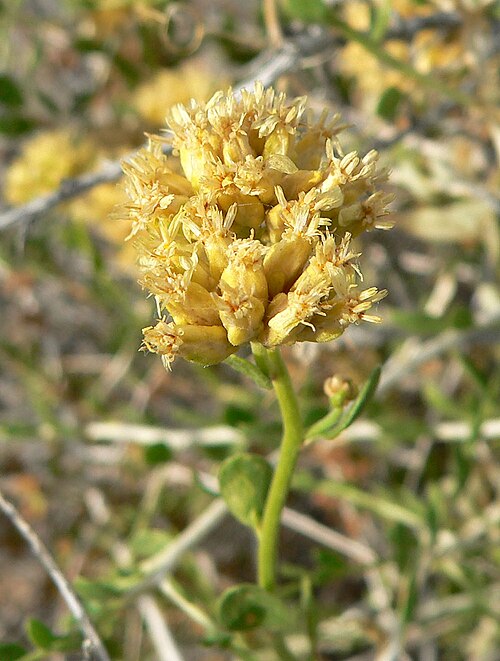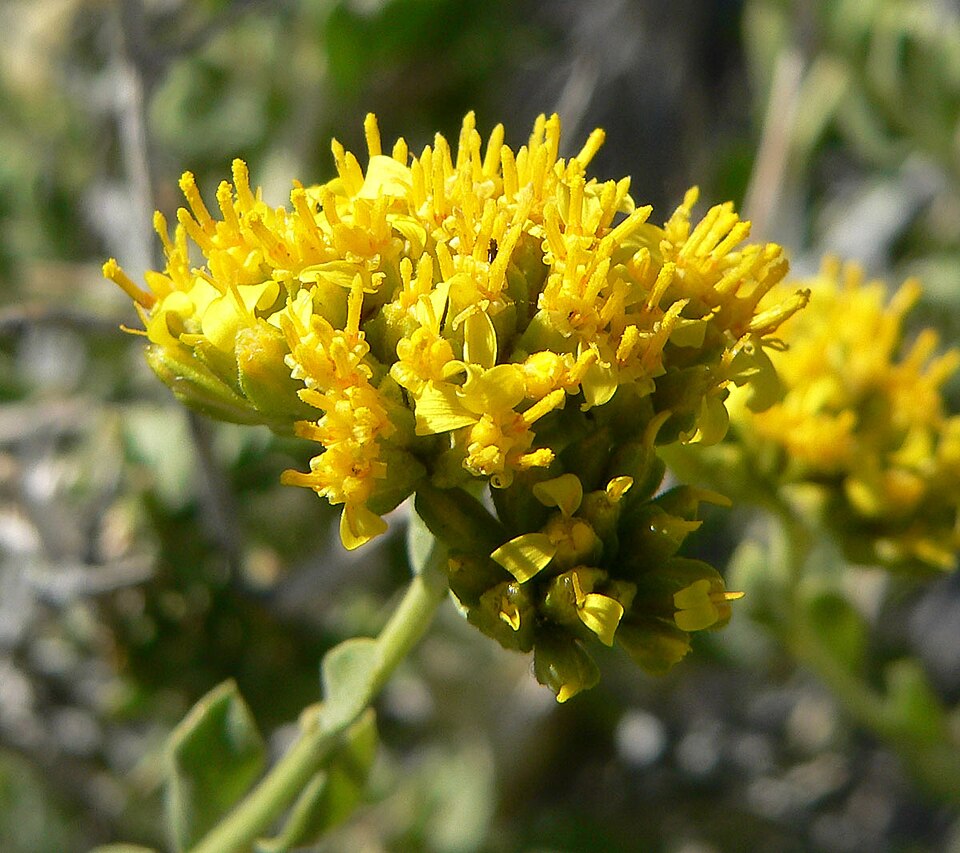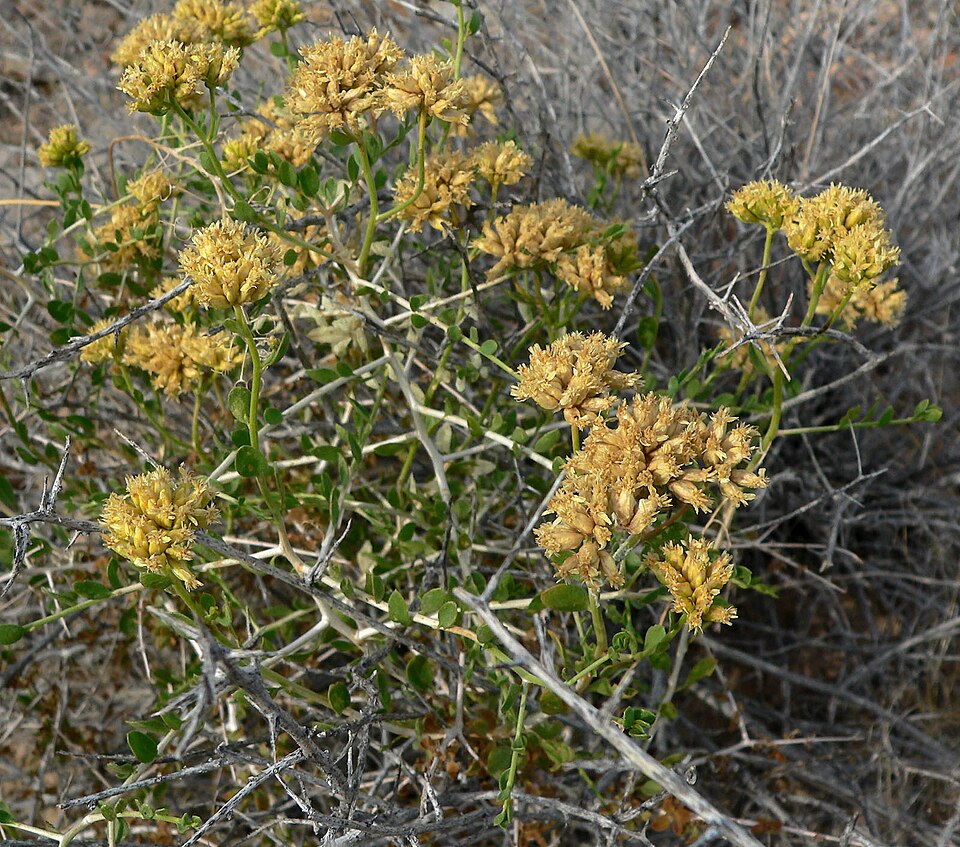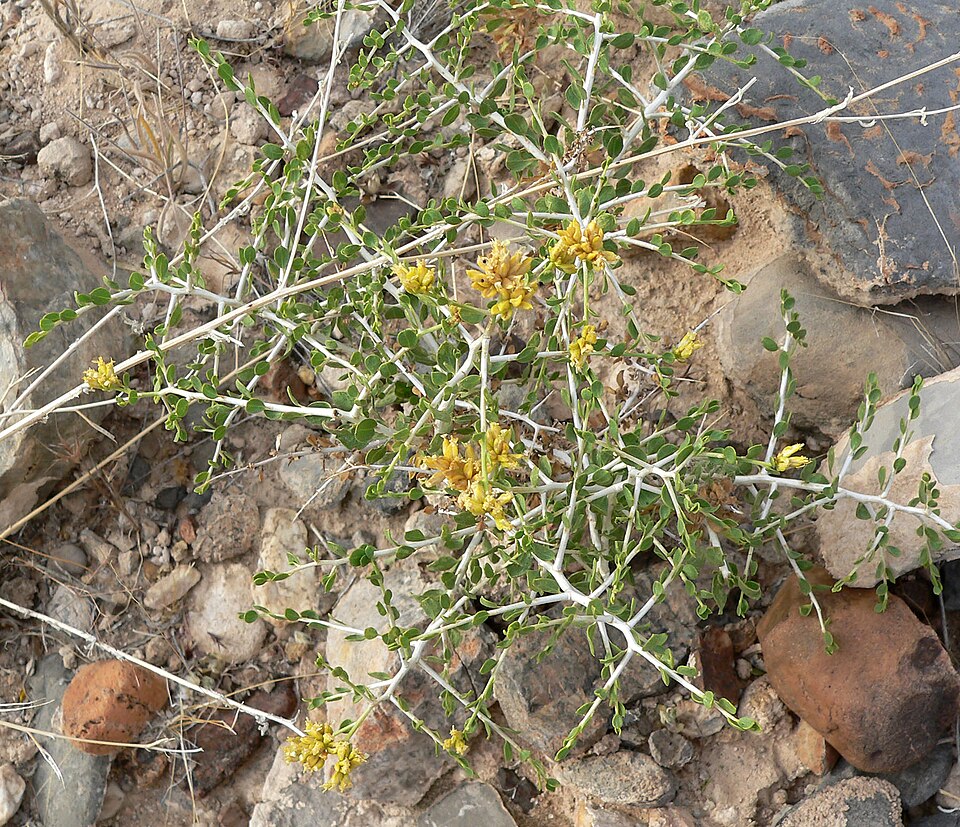Chaffbush: A Tough-as-Nails Native Shrub for Desert Gardens
If you’re looking for a plant that laughs in the face of drought and keeps on blooming, meet chaffbush (Amphipappus). This scrappy little native shrub might not win any beauty contests, but what it lacks in glamour, it more than makes up for in sheer determination and ecological value.
What Exactly Is Chaffbush?
Chaffbush is a perennial shrub that’s as American as apple pie – well, at least the southwestern slice of America. This multi-stemmed woody plant typically stays under 13-16 feet tall, making it a manageable addition to most landscapes. Think of it as the reliable friend who always shows up when you need them, rain or shine (but mostly when there’s no rain).
Where Does Chaffbush Call Home?
This desert dweller is native to four states in the American Southwest: Arizona, California, Nevada, and Utah. It’s perfectly adapted to the harsh, arid conditions of these regions, which should give you a pretty good idea of what this plant can handle.
Why You Might Want Chaffbush in Your Garden
Here are some compelling reasons to consider this unassuming native:
- Ultimate drought tolerance: Once established, chaffbush needs virtually no supplemental watering
- Pollinator magnet: Those small, daisy-like flowers attract native bees and other desert pollinators
- Low maintenance: This plant practically takes care of itself
- Native credibility: You’re supporting local ecosystems and wildlife
- Hardy zones 8-10: Perfect for warm climate gardens
The Perfect Garden Match
Chaffbush shines brightest in:
- Desert and xerophytic gardens
- Native plant landscapes
- Rock gardens
- Naturalized areas where you want minimal intervention
- Water-wise landscapes
It’s not the plant for formal English gardens or lush tropical landscapes, but if you’re going for that authentic southwestern vibe, chaffbush delivers.
Growing Chaffbush: Easier Than You Think
Location and Light
Give your chaffbush a spot in full sun – this plant craves those intense desert rays. Partial shade might be tolerated, but you’ll get the best flowering and form in full sun.
Soil Requirements
The magic words here are well-draining. Sandy or rocky soils are ideal. If your soil holds water like a sponge, consider amending it with gravel or sand, or plant on a slope or raised area.
Watering Wisdom
Here’s where chaffbush really shines: once established (usually after the first year), it needs almost no supplemental water. During establishment, provide occasional deep watering, but avoid the temptation to pamper it too much. Overwatering is more likely to kill this plant than underwatering.
Maintenance Matters (Or Rather, Doesn’t)
Chaffbush is refreshingly low-maintenance. No regular pruning needed, no special fertilizers required. Just let it do its thing, and it will reward you with its quiet, steady presence.
Any Downsides?
Let’s be honest – chaffbush isn’t going to be the showstopper of your garden. Its flowers are small and subtle, and it’s not going to provide the dramatic impact of, say, a flowering desert willow or palo verde tree. It’s more of a supporting actor than a leading star.
Also, if you live outside zones 8-10, this plant isn’t for you. It’s evolved for warm climates and won’t tolerate hard freezes.
The Bottom Line
Chaffbush might be the plant equivalent of a reliable pickup truck – not flashy, but incredibly useful and dependable. If you’re gardening in the Southwest, dealing with water restrictions, or simply want to support native ecosystems with minimal effort, chaffbush deserves a spot in your landscape. It’s proof that sometimes the most valuable garden residents are the ones that ask for the least while giving back the most.
